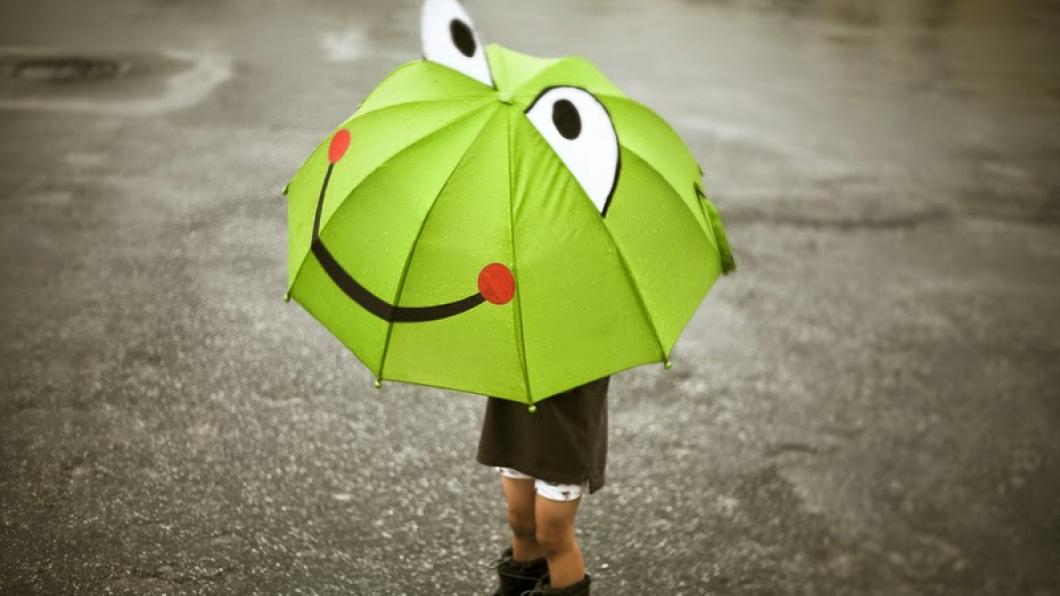
Happy Friday!
BLOOM was ranked 33 out of 150 top non-profit blogs! Thank you to all of our readers and contributors.
Just a couple of items today.
Has anyone read The Reason I Jump? It's a small book in which a Japanese teen with autism who can't speak answers questions about his autism. To write the book the author painstakingly pointed to an alphabet grid to spell out his words and then sentences. I've been eagerly anticipating this book ever since reading about how it was edited by David Mitchell, author of Cloud Atlas, and translated from Japanese in the first place by Mitchell's wife KA Yoshida. Mitchell and his wife have a son with autism.
However, when I finally had it in my Kobo, I was disappointed by the editing. I wanted to read a very raw version of what author Naoki Higashida wrote at age 13. Instead, the book was polished and seemed to be full of British-isms, British sayings and manners of speaking that didn't ring true as the way a Japanese teen would speak.
Here's what a reviewer in The New York Times had to say:
The English edition is being treated more as a fragile objet de consciousness than as a book, as though criticism or analysis would be vulgar. Unfortunately, it’s impossible to sort out what is Higashida here and what is Mitchell. The two have never met in person, and Higashida had almost no involvement in the English edition. Mitchell has said that Yoshida “did the heavy lifting” from the Japanese, and that he “provided the stylistic icing on the cake.”
“The Reason I Jump” may raise questions, as many books have, about the nature of autism. But it raises questions about translation as well — that “icing.” Translation, at its best, is a dance between an objective search for equivalent language and an intuitive grasp of the author’s intent, which may have nothing to do with the translator’s point of view. The parents of an autistic child may not be the best translators for a book by an autistic child. Would love to hear others' impressions.
A couple of weeks ago I went to see the movie In A World. I'd read so many good things about it and writer/director Lake Bell, who stars as the vocal coach who wants to break into the male-dominated world of movie-trailer voice-overs. Unfortunately the first scene includes a running joke using the word "retarded." There weren't a lot of people in the theatre with me, but they just ROARED with laughter, every time it was used.
And I felt like crap.
I really don't get it. This intelligent, progressive, young woman whose message is about women not being demeaned or underestimated starts the movie with putdowns about someone sounding "retarded?"
On a positive note, we had a wonderful turnout for our BLOOM speaker night with Arthur Fleischmann, author of Carly's Voice: Breaking Through Autism. And a special treat was that I got to meet a dad who had just adopted a boy with autism. I'm hoping he will write us a piece about how he and his partner decided to adopt a child with a disability.
Finally, My Silly Feet is a fun picture book about a girl called Gabby who has spina bifida. She wants to run in a school race but is afraid others will laugh at her because her feet won't run as fast as other kids'. The book is written by Gabby's mom and available here and in the Holland Bloorview library.